Hosted by the International Olympic Committee, the conference reached a significant milestone with the formalization of the Global Declaration on Integrity in Sport , a new, practical commitment to strengthen the protection of integrity across the world of sport. Adopted unanimously during the event, the Global Declaration on Integrity in Sport outlines responsibilities and next steps for key stakeholders in four priority areas: promoting good governance and combating corruption in sport; preventing manipulation of competitions; ensuring integrity in governing and addressing the role of Artificial Intelligence; and protecting participants in sport.
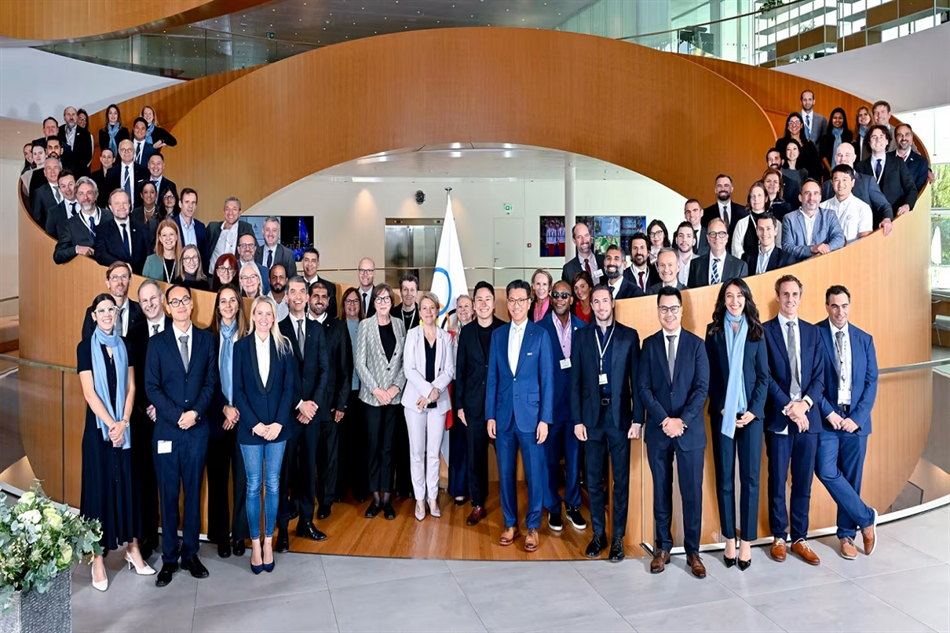
More than 400 leaders from the Olympic Movement, national governments , intergovernmental bodies, betting agencies and organisations attended.
Broadcast live to the public, IFSI hosted four panel discussions, each focusing on one of these core pillars. Experts and policymakers shared insights, commitments and collaborative strategies to strengthen governance, harness technology to maintain integrity, protect fair competition and ensure a safe environment for all involved in sport.
In her opening remarks, IOC President Kirsty Coventry spoke passionately about how integrity is demonstrated directly on the field of play: “I know from my own experience that trust, both within the games and across stakeholders, is essential and that is exactly what everyone in this room supports. We are the ones making the key decisions about how to protect athletes and enforce the various processes and rules that protect sport.”
Chair Kirsty Coventry went on to emphasise the importance of collaboration, likening collective responsibility for integrity to the structure of a spider web, which is only as strong and sustainable as the interconnected strands: “We all, in our individual roles, must come together, work in unison and work towards the same goal, which is to strengthen the integrity of each organisation. We want our athletes and the public to trust us; we want them to know that we do the right thing and defend our principles for future generations. But this can only be achieved if we are that web, linked together, cooperating and uniting, drawing on all our strengths to grow stronger together.”
The value of cross-sector cooperation was further highlighted by the European Union Commissioner for Youth, Intergenerational Justice, Sport and Culture, Glenn Micallef, who said via video : “Initiatives like IFSI are vital. Bringing together governments, intergovernmental organisations and the sports movement has shown that cooperation can really make a difference in the fight against corruption and promoting good governance. Integrity is the foundation of sports credibility, both in Europe and globally. It is what builds trust, and trust is the foundation of our sports community.”
Speaking at the event, Deputy Secretary General of the Council of Europe, Bjorn Berge, highlighted the importance of collective action in combating corruption and maintaining integrity in sport. He pointed to the important role of the International Partnership Against Corruption in Sport (IPACS), which was launched at the second IFSI Congress in 2017 and has since developed practical, cross-sectoral solutions. This is a multi-stakeholder initiative that brings together sports organizations, governments and intergovernmental bodies to promote integrity in sport. The Council of Europe, as a co-founder of IPACS, reaffirmed its commitment to strengthening the Alliance and to continue working closely with the IOC to promote good governance in sport.
On the sidelines of the conference, the International Olympic Committee reaffirmed its commitment to work closely with the United Nations Office on Drugs and Crime (UNODC), the Council of Europe and INTERPOL to protect the integrity of sport at all levels."
“Strengthening sports integrity helps ensure sport’s role as a driver of positive socio-economic development. The global partnership between UNODC and the International Olympic Committee is an important catalyst for this mission. We look forward to further strengthening this cooperation and supporting governments and sports organizations in protecting sport from those who seek to exploit it for illicit purposes,” said Brigitte Strobel-Shaw, Chief of the UNODC Anti-Corruption and Economic Crime Unit.
Source: https://bvhttdl.gov.vn/uy-ban-olympic-quoc-te-ra-mat-tuyen-bo-toan-cau-20251105104620537.htm




![[Photo] Opening of the 14th Conference of the 13th Party Central Committee](https://vphoto.vietnam.vn/thumb/1200x675/vietnam/resource/IMAGE/2025/11/05/1762310995216_a5-bnd-5742-5255-jpg.webp)


![[Photo] Panorama of the Patriotic Emulation Congress of Nhan Dan Newspaper for the period 2025-2030](https://vphoto.vietnam.vn/thumb/1200x675/vietnam/resource/IMAGE/2025/11/04/1762252775462_ndo_br_dhthiduayeuncbaond-6125-jpg.webp)
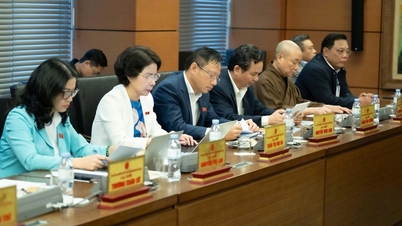
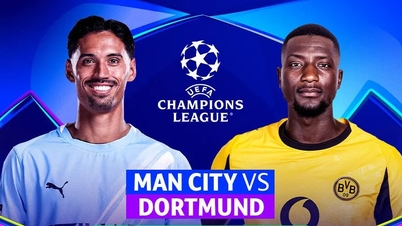

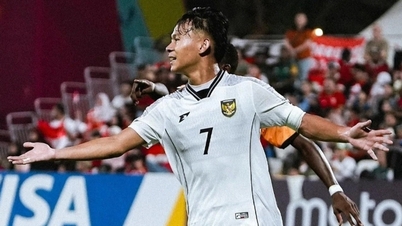

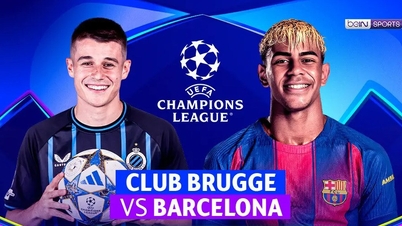
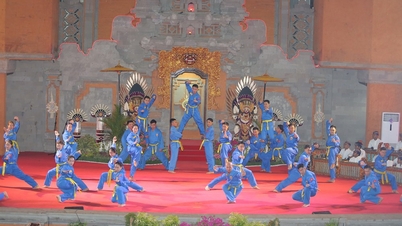
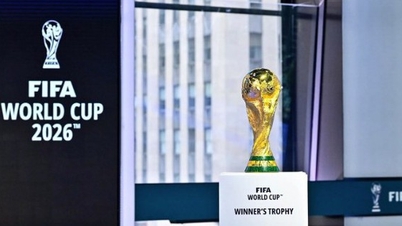




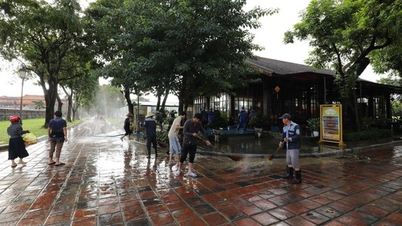

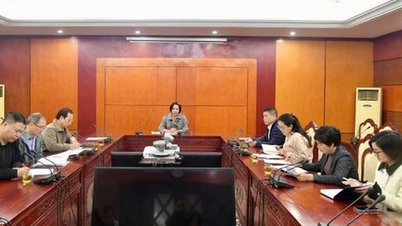
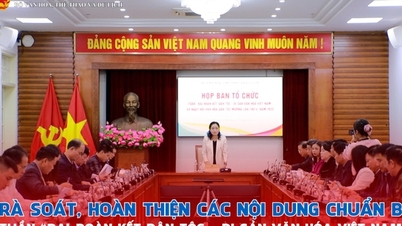






















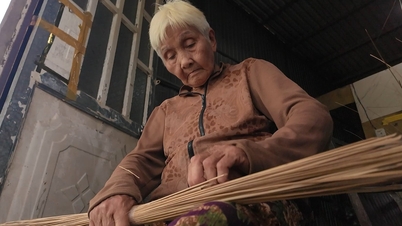













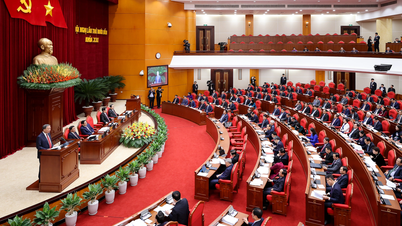
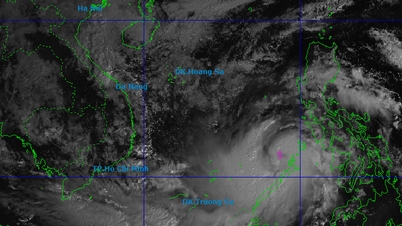


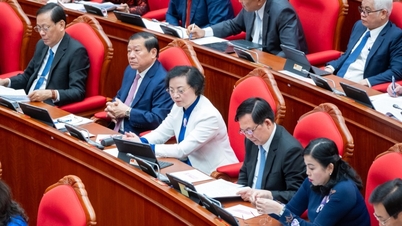
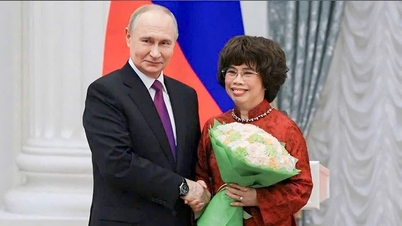

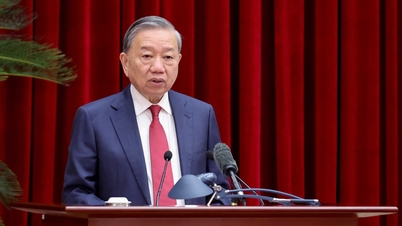
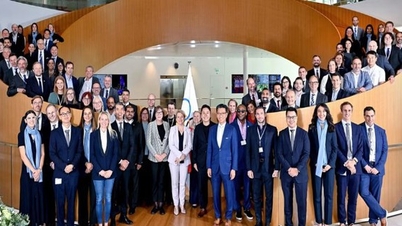
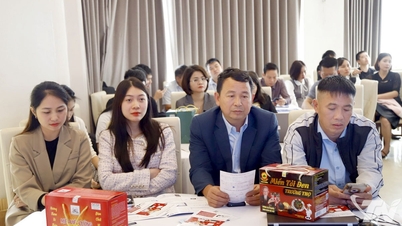

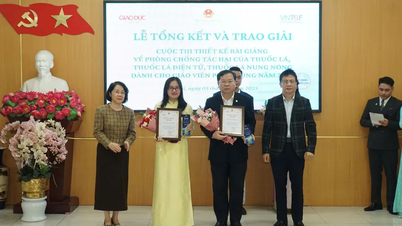


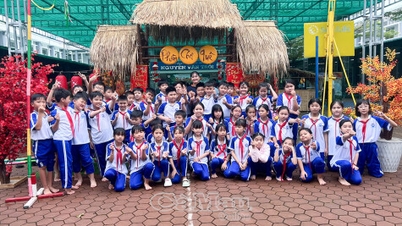

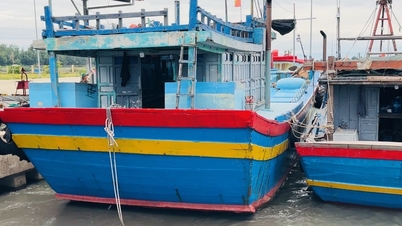
















Comment (0)